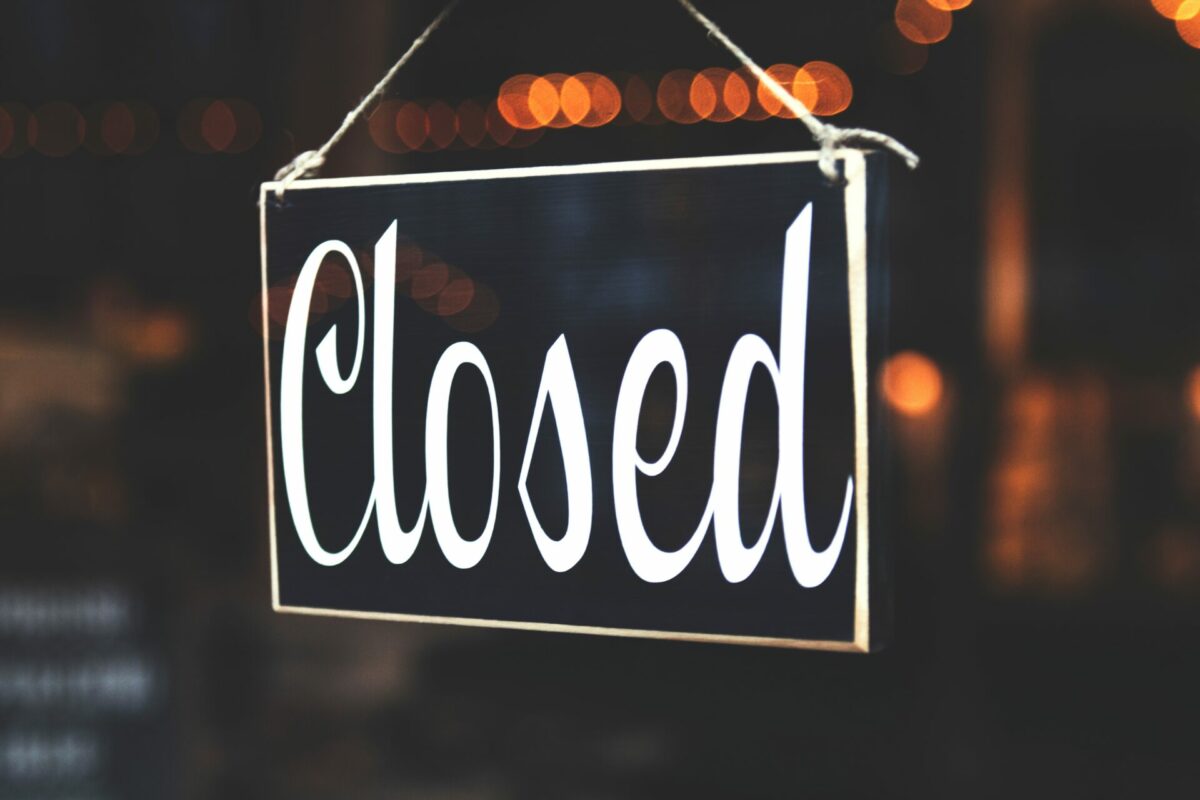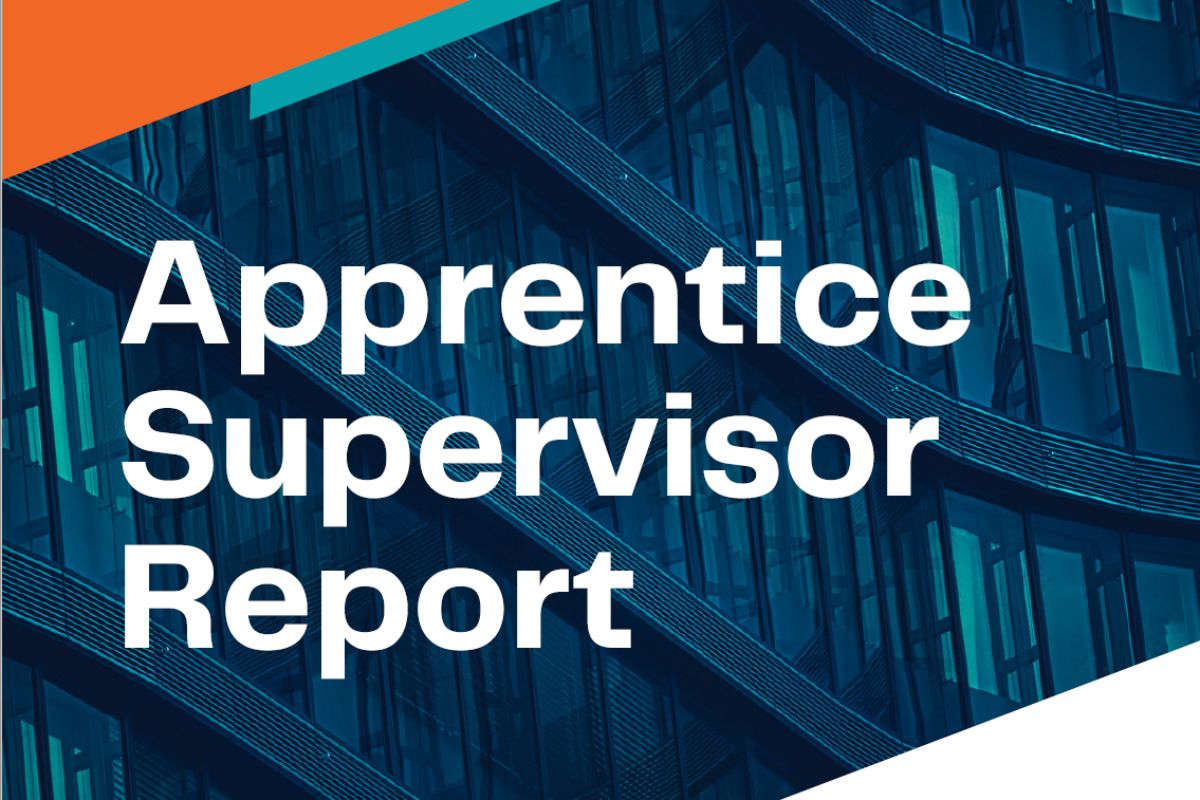6 things that could shut down your SME

Small and medium-sized businesses are the lifeblood of the UK’s economy with 99% of the UK’s business population made up of SMEs and nearly two thirds (61%) of the UK’s workforce employed by these smaller companies.
For most businesses, the first few months of operation are crucial for their long term success, but without the right guidance and protection, they are at risk of failing before they even begin.
To help guide businesses, industry experts Phoenix Health & Safety highlight six things businesses need to be aware of to avoid potentially costly legal issues and to reduce the risk of being shut down.
Nick Higginson, CEO of Phoenix Health & Safety provides his tips on what you can do to avoid legal run-ins with your business.
- Lack of access to competent advice
- Potential penalty to a business owner/director: Up to two years in prison and an unlimited fine1
If you are a business owner or director, you must get help from someone competent to ensure you meet your health & safety duties. This is someone with the necessary knowledge, skills and experience to provide advice in health & safety matters2.
Nick Higginson says; “It’s crucial to have someone who can provide the business with competent health and safety advice for the organisation to recognise hazards and put sensible controls in place. This guidance helps your business become better protected against potential issues or claims that might arise in the future.”
- Workplace Injury
- In 2019/20 693,000 people in full-time work sustained an injury in the workplace
During this period there were approximately 6.3 million days lost due to workplace injury, a number that could have been reduced if staff had received comprehensive health and safety training for their job.
Nick says: “In workplaces that require training, having undocumented and untrained workers can be a quick way for health and safety officials to fine or even temporarily shut down operations.
“Ensure that your staff have the correct health and safety training and documentation required for their role to reduce the risk of accidents. For example, if any of your employee’s jobs involve working at height, you need to provide them with relevant training and certification.”
- Lack of required risk assessments
- Potential penalty to the business: Businesses under £2 million turnover can be fined up to £450,000, for those turning over between £2-10 million it is up to £1 million3
Health & safety and fire risk assessments must take place to ensure risks in the workplace are identified, and measures put in place to reduce them.
Nick says; “Businesses that have non-domestic premises must have a written fire risk assessment to identify what can be done to prevent a fire and keep people safe. Failure to do so can lead to significant fines.”
Examples of fire hazards that could be identified in a fire risk assessment include blocked fire escapes, improper storage of flammable materials and sources of ignition.
- No first aid training and protocols
- Penalties that could be faced: Unlimited fines issued by a magistrates’ court3
On average, twenty days were lost for each self-reported work related injury in 20204. Appointing a trained first aider in low-risk workplaces is not a legal requirement, but making appropriate arrangements for the workplace is advised. Low-risk workplaces only need a first-aid kit and an employee to take charge of first-aider arrangements. In higher risk settings, for example, the use of dangerous machinery, you should consider providing a trained first-aider on site and take on extra measures as listed on the HSE website.
Nick adds: “Every organisation needs to appoint someone who will be responsible for first aid arrangements within the workplace.
“Each year, over 441,000 people are injured at work4. Providing all your employees with details of the first-aid arrangements can be the difference between life and death. If ignored, businesses can face unlimited fines.”
- Poor ventilation and air quality
- Previous fine to a business: An engineering company was fined £15,000 after a worker was diagnosed with occupational asthma after being exposed to harmful metal working fluid (MWF)5
All businesses are required to offer an adequate supply of fresh air as part of working conditions for employees. This can be from windows, doors or controlled ventilation where the air is powered in and out of the premises by a fan.
Nick says; “If your business does not ensure proper ventilation of buildings, this can lead to serious health & safety issues. Older buildings with complex ventilation systems or many rooms can stagnate the natural airflow in the building. This can lead to stuffiness and increase the transmission of airborne bacteria, which can cause sickness or long-term illnesses.
- Asbestos checks and precautions
- Previous fine to a business: over £20,0006
Any building built before the year 2000 could contain asbestos, which means if you are leasing or buying a building that will be a workplace, it’s important to have a survey carried out by a professional. They can identify whether there is any asbestos present and advise on next steps.
If proper checks have not been carried out, your business could be breaking sections 2(1) and 3(1) of the Health and Safety at Work etc. Act 1974, and be fined over £20,000 for putting people at risk.
Nick adds: “Around 5,000 workers die from the deadly airborne substances in asbestos products each year, with around 20 tradespeople each week dying as a result of past exposure in the UK. Breathing in deadly substances each day at work can lead to the development of respiratory diseases.”
“An Asbestos Awareness course enables employers to safeguard the health & safety of their staff, as well as meet their obligations under the law.”
For more information and advice on how you can ensure your business is meeting the correct health & safety requirements, please visit Phoenix Health & Safety’s consultancy page.











Responses